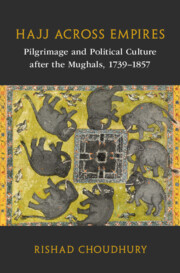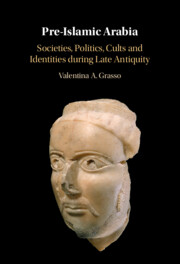For a century following the opening of the Suez Canal, the scale and scope of global capital and information flows was predicated on a chain of imperial outposts like Aden, where ships could replenish their fuel supplies while shorefront godowns and telegraph stations gathered commodities and information to be received, processed, and relayed; by the 1950s, over 5,000 vessels called on the harbour annually, making Aden the second busiest port in the world after New York. This article explores the role of Indian-Zoroastrian (Parsi) capital in shaping the material and institutional development of the port of Aden. Parsi firms mediated between international shipping and the hostile environment of the desert colony, supplying provisions and providing brokerage and agency, or dubash services, literally meaning ‘translator’ in the vernacular. More than a particularly successful comprador community, however, Aden Parsis developed an elaborate transoceanic trade predicated on self-financed, capital-intensive infrastructure projects. Tracing the outsourcing of imperial statecraft to dubashes in Aden allows us to provincialize the making of first-wave globalization, as it was predominantly Parsi capitalists rather than European businessmen who were the driving forces of Aden’s development.

